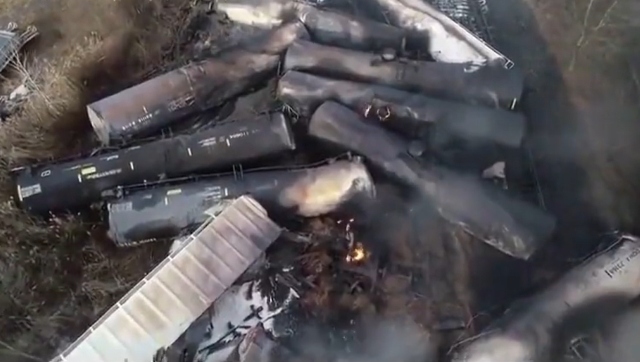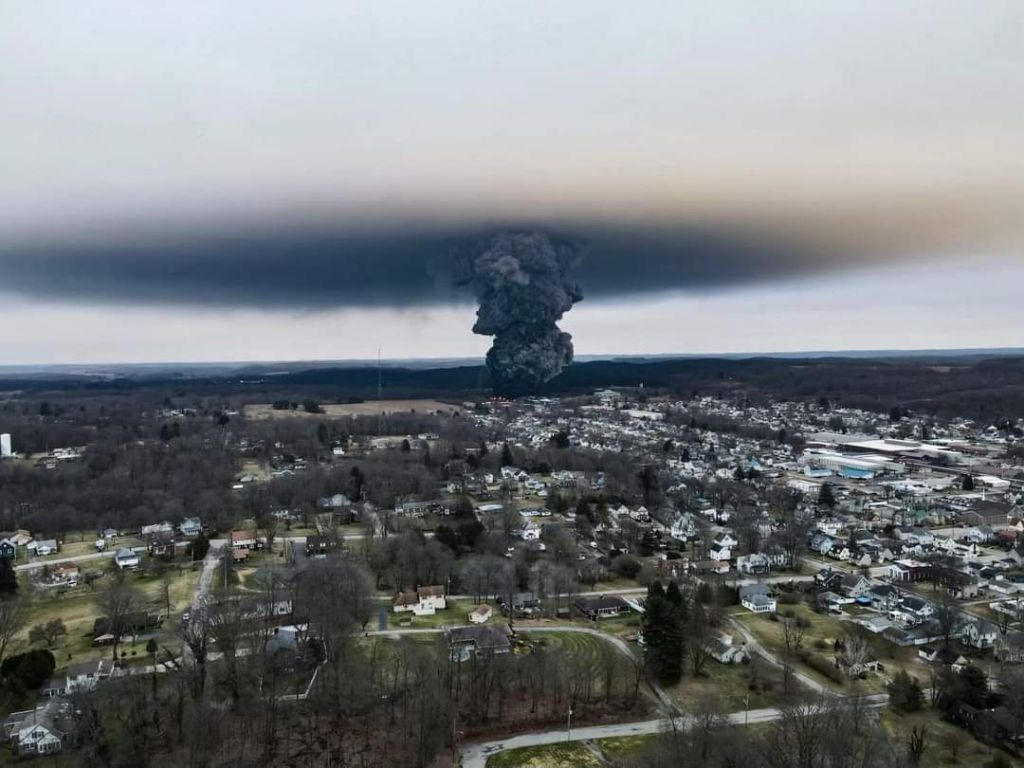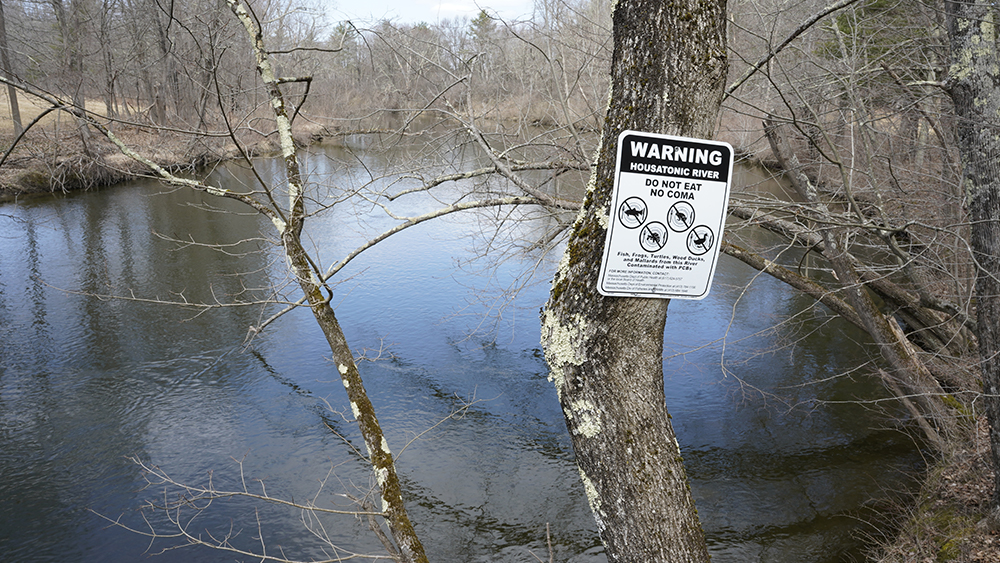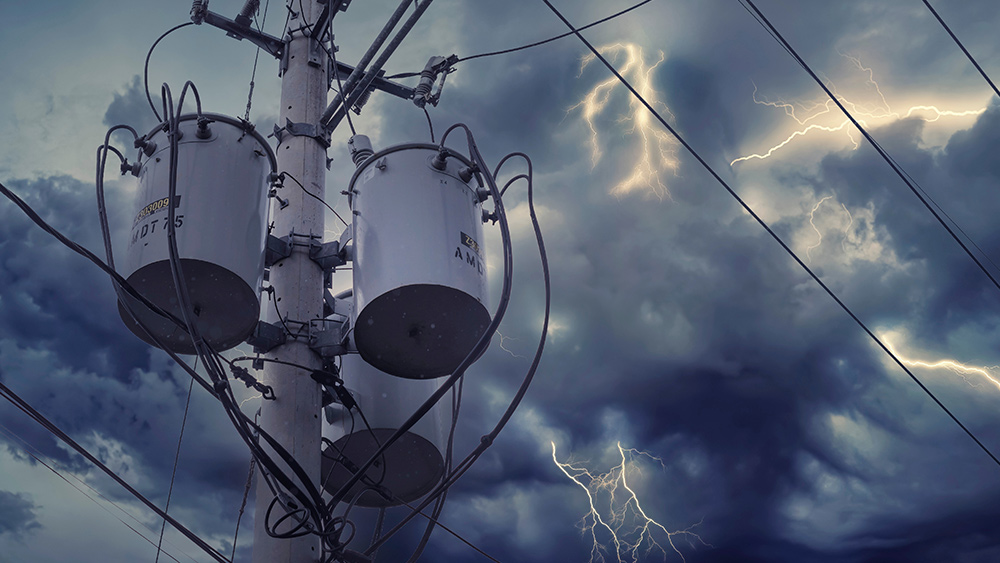The race toward renewable energy is DOOMING the UK’s power grid and will lead to rolling blackouts
03/01/2023 / By Lance D Johnson

Energy concerns are growing in the UK and throughout Europe. Governments around the world are racing toward a net-zero carbon infrastructure but are simultaneously putting their entire electric grid at risk. Exorbitant electricity rates and rolling blackouts are the inevitable result – a serious problem that has already set in across Europe.
Hundreds of energy projects are currently stalled in the UK, and mayors are speaking out. Many of these projects, which include renewable energy, will not be implemented for several years. Mayors across the UK are reporting capacity issues, and the capacity upgrades may take an additional seven to eight years to complete. To make matters worse, these renewable energy projects cost tens of billions of euros to set up, leaving consumers with higher energy prices, while detracting investors.
Renewable energy projects put on hold as energy costs soar
One energy project – The Tees Valley Energy Recovery Facility – was scheduled to come online in 2026. The £300m waste-to-power plant included a massive incinerator that would generate renewable energy by burning household waste. Now the National Grid is warning that capacity upgrades will not be complete until 2031 – leaving the facility defunct for nearly a decade. This is one of many consequences of central economic planning. Britain can no longer ensure energy security for the country, and they still won’t be able to cut carbon emissions in accordance with their United Nation’s agreement.
Denise McGuckin, the managing director of the Hartlepool Borough Council, said: “The Tees Valley Energy Recovery Facility project is a vital piece of infrastructure for the North-East, which more than one and a half million people living and working across the region will rely on every day to safely and sustainably treat their general rubbish, but it will only come to fruition with a viable energy offtake.”
Wind farm projects not getting off the ground, as promised
These problems are compounding. As energy costs soar, it only puts future clean energy projects at peril. Grid connection delays are now threatening to halt a £10bn wind farm scheme. This comes at a time when Britain has fallen behind in nuclear energy production and can barely sustain its power grid. Tees Valley Mayor Ben Houchen warns that the red tape regulations on the energy sector are putting the entire industry at risk, forcing people to pay higher bills to heat their homes and keep the lights on.
Houchen said: “It is going to be difficult to deliver energy security – which in the medium to long term could mean lower energy prices – unless the Government gets to grips with the regulation of how the grid operates and the capacity of the grid full-stop.
“That has not just a knock-on impact for our economic prosperity, but also the Government’s targets to reach net zero by 2050,” he added. For example, the global push to put every family in an electric car will not be realized by 2050, because the grid cannot support the load. In order to finance the upgrades in the grid, taxpaying citizens will have to pay exorbitant new costs. Tens of billions of dollars will be needed to finance these renewable energy projects. However, governments have so far ignored the massive cost of implementing these capacity upgrades.
Many of these wind energy projects are not getting off the ground because the government-backed contracts are unable to appropriately compensate the developers to keep the system up and running. These contracts are not attractive for investors and they set the citizens up for high energy bills. The Vanguard and Boreas wind farms would have become two of the biggest in Britain; however, analysts expect the projects to cost more than £10bn. So far, negotiations have stalled on these wind farm projects, as national energy security hangs in the balance.
Sources include:
Submit a correction >>
Tagged Under:
big government, central planning, Climate, Collapse, electricity, energy bills, energy crisis, energy prices, energy security, energy supply, green deal, green living, green tyranny, net zero carbon, power, power grid, rationing, renewable energy, scarcity, stupid, wind farms
This article may contain statements that reflect the opinion of the author
RECENT NEWS & ARTICLES
COPYRIGHT © 2017 ENVIRON NEWS




















